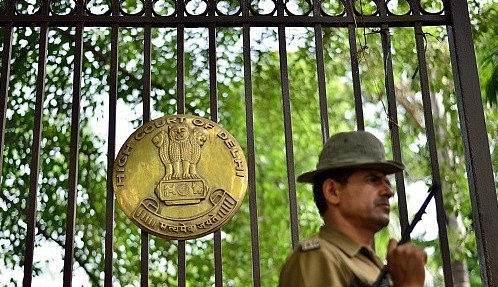
Complying With SC’s Order, Delhi HC Sets Up Two Special Courts To Try MPs And MLAs From 1 March
To comply with the Supreme Court’s orders on the subject, the Delhi High Court has designated two ‘special courts’ in the Patiala House Court complex to try elected members of Parliament and legislative assemblies facing criminal cases.
The order, dated 23 February, comes two-and-a-half months after the apex court asked the government to set up 12 special courts throughout the country to try lawmakers. The two courts will start functioning from 1 March.
The Supreme Court issued the order after hearing a public interest litigation (PIL) filed by Bharatiya Janata Party leader and advocate Ashwini Kumar Upadhyay. The PIL sought a lifetime ban lifetime ban on convicted politicians from contesting elections. The Election Commission is also in favour of a lifetime ban on MPs and MLAs from contesting election after being convicted in criminal cases.
According to the orders issued by the Delhi High Court, cases against MPs and MLAs will be transferred to the two special courts before 1 March. It also states that the cases should be put on fast track and disposed of within one year.
In December, the apex court had given the Centre two months to collect information about the cases pending against elected representatives across India. In 2014, 1,581 criminal cases were pending against central and state lawmakers.